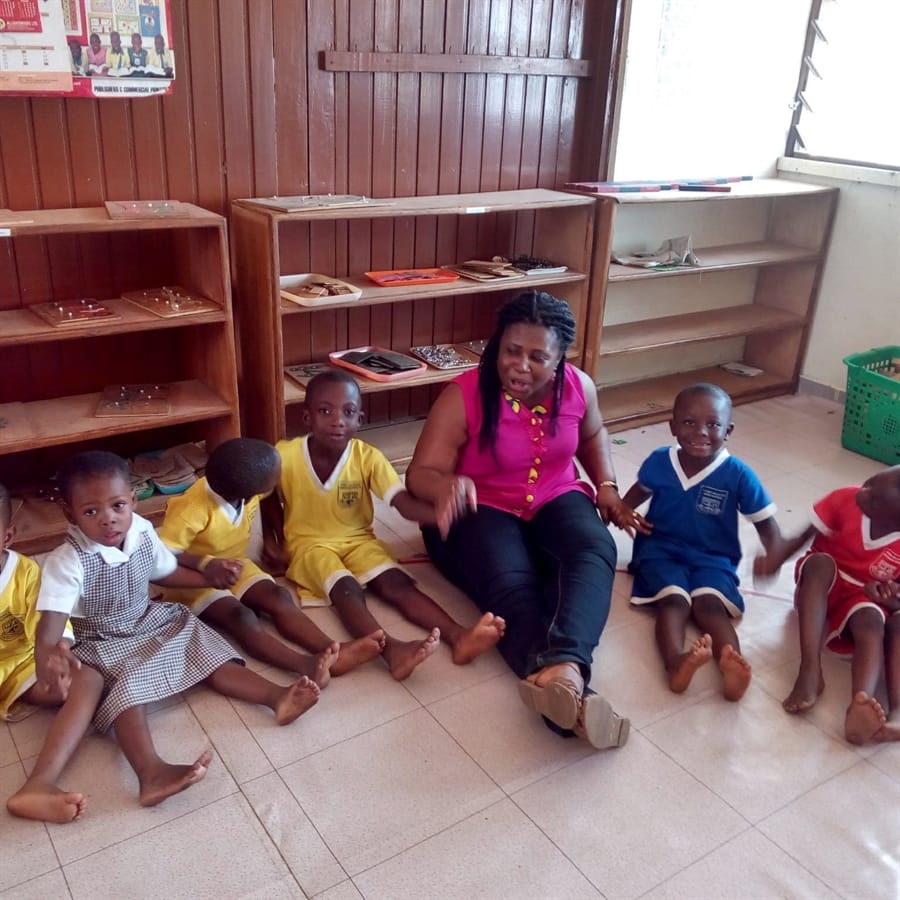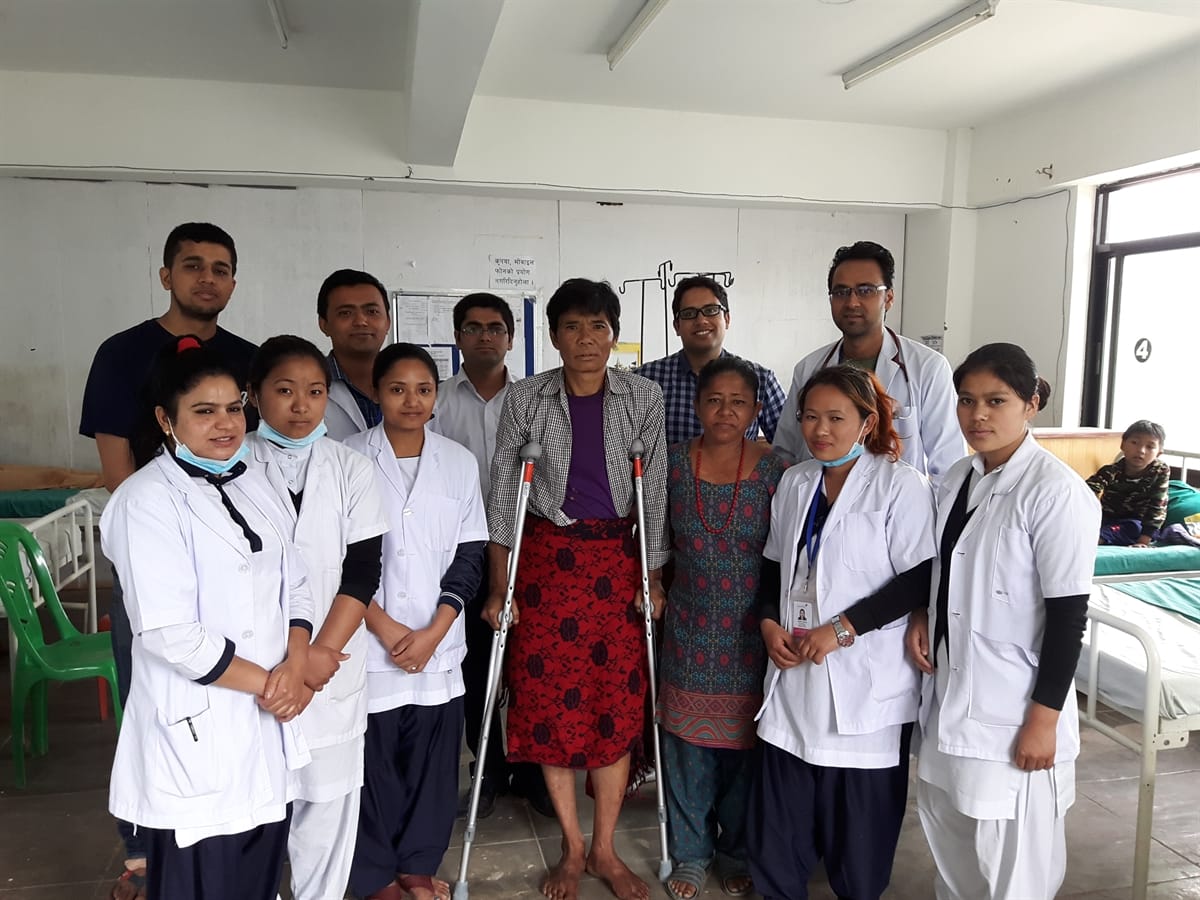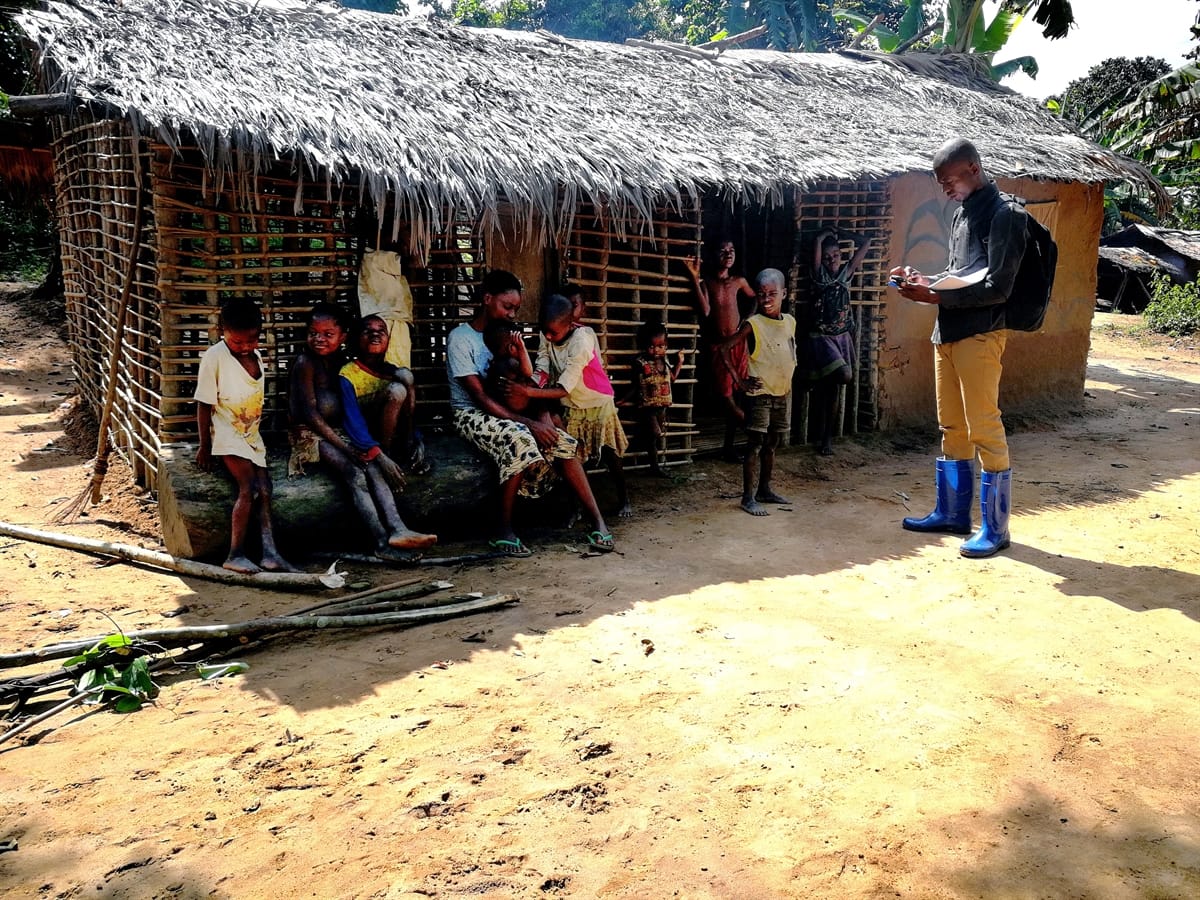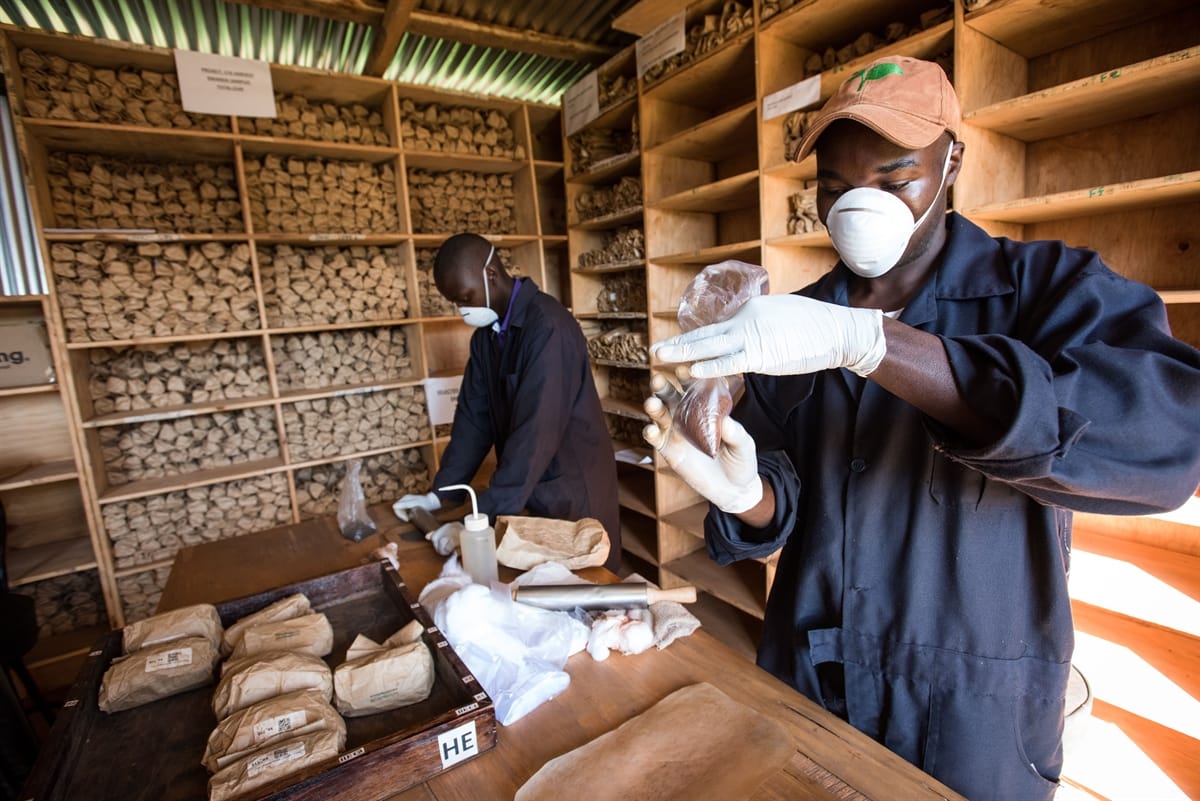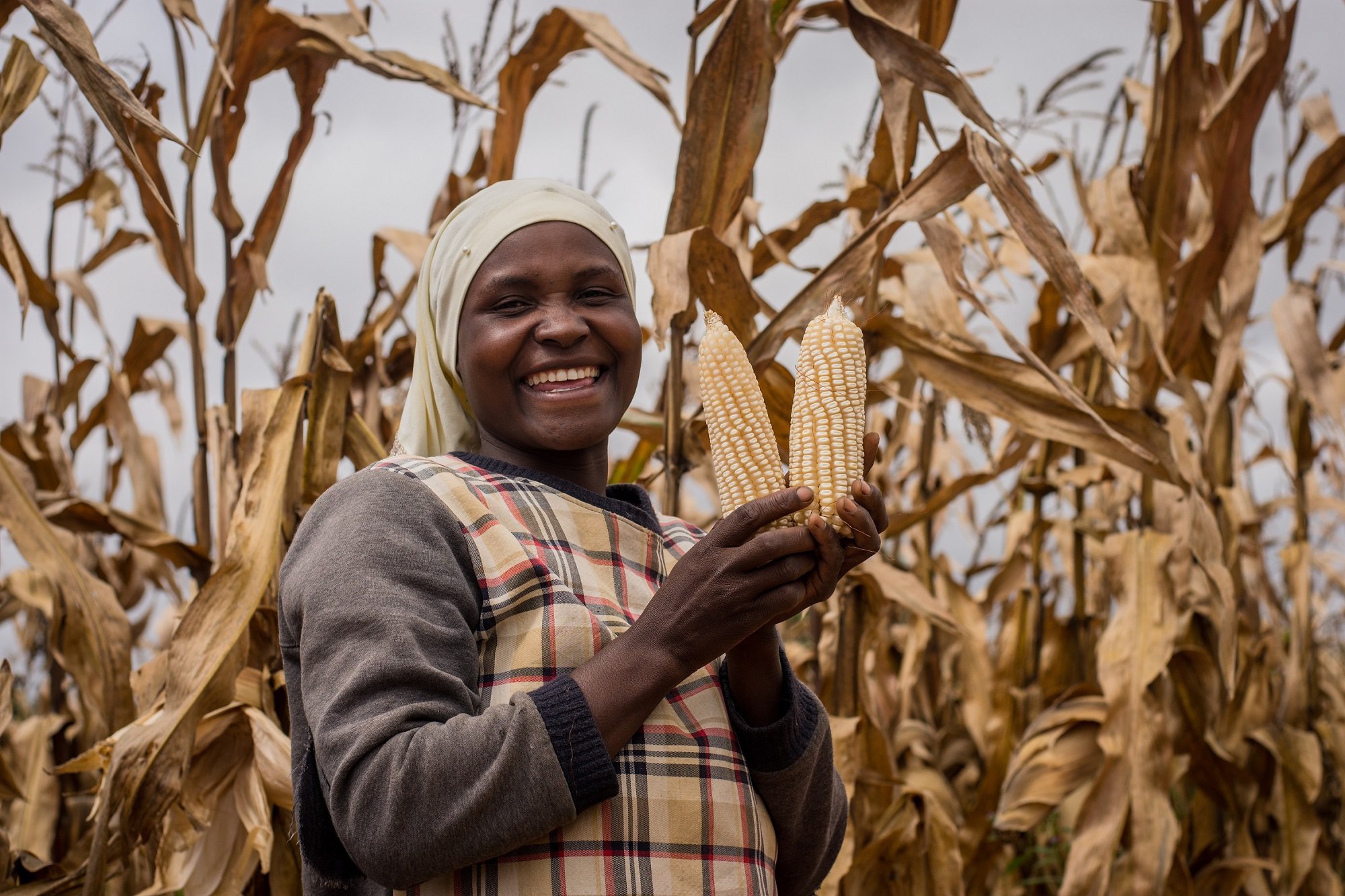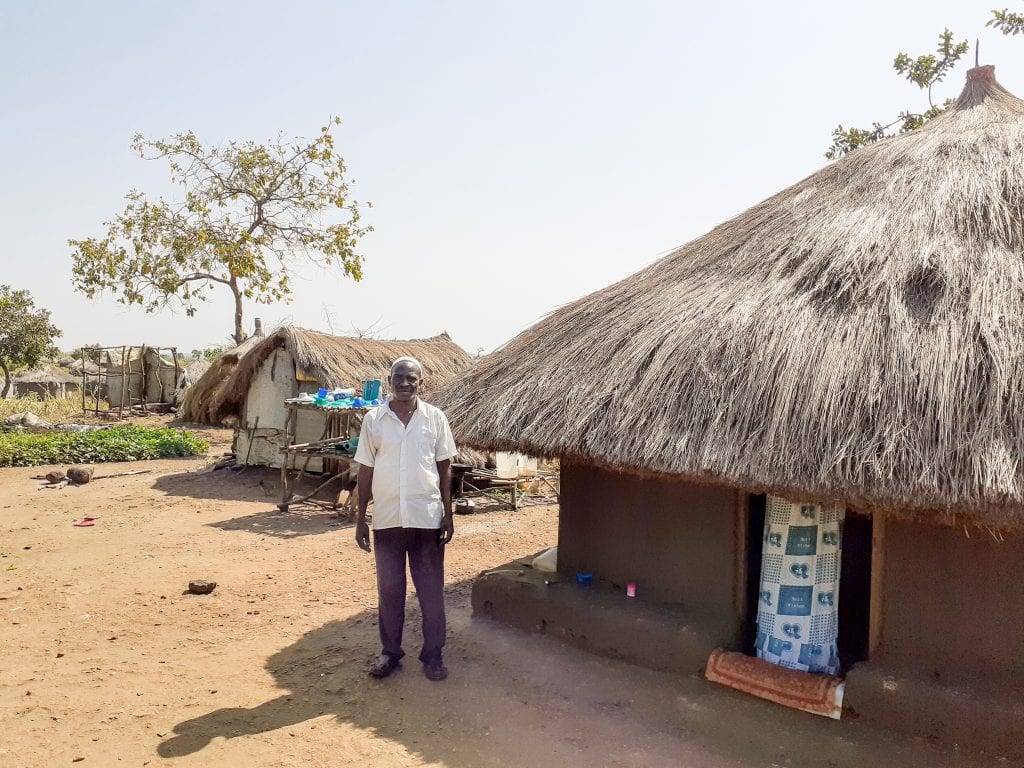Innovations for Poverty Action (IPA) is a research and policy nonprofit that discovers and promotes effective solutions to global poverty problems. IPA works with governments, businesses and NGOs to design, rigorously evaluate and refine interventions spanning agriculture, education, health, finance, governance, social protection and post-conflict recovery. Here are summaries of recent education-related studies from Ghana and Peru, as well as case studies on how this evidence has been used, with links to more details.
What Works in Early Childhood Teacher Training?
Ghana has one of the highest preschool enrollment rates in sub-Saharan Africa, but many children are not learning in school. One challenge is that many teachers are not trained in methods that are proven to help young children learn and reach their fullest potential. In this video (right), IPA brings you to Accra, Ghana to learn about evidence from two evaluations of teacher training programs, which have contributed to our understanding of scalable ways to improve early childhood education in this setting.
Evidence-Informed Early Childhood Teacher Training in Ghana
In Ghana, an IPA research team worked with Sabre Education and Ghana Education Service to conduct a randomized evaluation of the Fast Track Transformational Teacher Training Program (FTTT). Results showed that although the program functioned as intended by significantly improving student-teachers’ implementation and knowledge of the national kindergarten curriculum, these impacts faded once newly qualified teachers were posted at their new schools. The findings highlighted system-level challenges with both the posting of new teachers and the absence of support in their first teaching year. These findings propelled Sabre Education to adjust their program to address the challenges teachers faced at their new schools.
Read more here.
Remedial Science Education Increases Test Scores in Peru
When young learners are performing below average in school, how can we close the learning gap? In this study, researchers partnered with Universidad Cayetano Heredia to design and evaluate the impact of a program aimed at helping low-performing students—mostly from low-income urban households—master basic skills in science. Through an innovative, remedial, inquiry-based approach, in which students engage in hands-on practical work, tutors and students met after school once a week for sixteen weeks during the school year. Despite low levels of participation, the program overall significantly improved students’ test scores by .12 standard deviations, although gains were all concentrated among boys.
Read more here
Teaching At the Level of the Child

Photo by Stella Benezra.
Research in India, Kenya, and Ghana has shown that reorienting teaching to the level of the student, rather than the rigid expectations of a curriculum, consistently improves learning outcomes. In response, the NGO Pratham and state governments have scaled the approach to reach millions of children in India. In Ghana, the government piloted the model, and is now conducting a follow-up study to explore ways to improve implementation. And in Zambia, the Ministry of General Education, in partnership with J-PAL, Pratham, and IPA, will scale its targeted instruction program to approximately 1,800 schools over the next three years.
Read more here.
